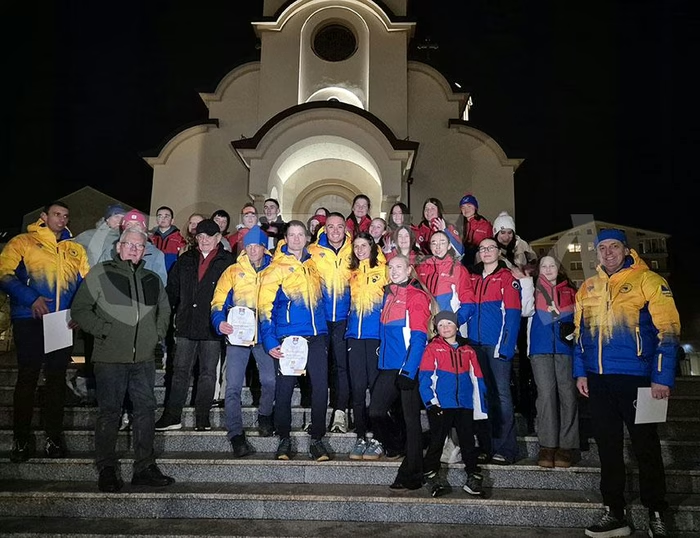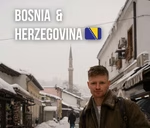Vucic’s Srebrenica genocide denial stirs tensions in Bosnia

Serbian President Aleksandar Vucic’s recent comments about the 1995 Srebrenica massacre, made during an interview with BBC’s Hard Talk, have once again caused outrage in Bosnia and Herzegovina. Despite overwhelming international consensus and legal rulings, Vucic avoided labelling the atrocity as genocide, calling it a "terrible massacre" instead.
Oglas
When pressed by host Stephen Sackur about recognizing the genocide, Vucic deflected. “I have always been ready to acknowledge that a terrible massacre happened in Srebrenica. I even attended the 20th anniversary commemoration and paid my respects,” he said, referencing his controversial visit to Srebrenica in 2015. However, he stopped short of using the term genocide, claiming that such language was part of a “political initiative” designed to cause division.
This stance directly contradicts the rulings of both the International Court of Justice and the International Criminal Tribunal for the former Yugoslavia, which classified the Srebrenica massacre—where more than 8,000 Bosniak men and boys were systematically killed—as genocide. Survivors and Bosnian officials have long criticized Vucic for refusing to acknowledge this legal reality, accusing him of contributing to historical denial and undermining reconciliation.
The issue of genocide denial is a deeply emotional topic for many in Bosnia, particularly for survivors and families of the victims. Groups like the Mothers of Srebrenica have repeatedly called for recognition as a fundamental step toward justice. “Every time he refuses to call it genocide, it feels like another attack on our pain,” one survivor said.
Vucic’s remarks also reignited concerns about his close relationship with Milorad Dodik, the president of Republika Srpska, Bosnia’s Serb-majority entity. Dodik, known for his inflammatory rhetoric and frequent calls for Republika Srpska’s secession, has openly denied the Srebrenica genocide on numerous occasions. In the interview, Vucic defended Dodik, suggesting that his provocative statements about breaking away from Bosnia were reactions to “provocations” from Bosniak leaders or international officials.
While Vucic reiterated Serbia’s official support for Bosnia’s territorial integrity, many in Bosnia view his words as hollow. Critics argue that his backing of Dodik’s rhetoric only emboldens separatist ambitions and increases the risk of regional instability.
The denial of the Srebrenica genocide continues to cast a shadow over relations between Serbia and Bosnia. As Bosnia and Herzegovina marks nearly three decades since the atrocity, the lack of acknowledgement from key political figures like Vucic remains a significant barrier to healing and trust.
With Serbia striving for EU membership, European officials have emphasized that addressing these unresolved issues—acknowledging historical truths and respecting international law—are essential steps toward reconciliation and lasting peace in the Balkans. For many in Bosnia, however, Vucic’s words signal that such progress remains a distant hope.
Kakvo je tvoje mišljenje o ovome?
Učestvuj u diskusiji ili pročitaj komentare
Oglas
Kakvo je tvoje mišljenje o ovome?
Učestvuj u diskusiji ili pročitaj komentare
Oglas





 Srbija
Srbija
 Hrvatska
Hrvatska
 Slovenija
Slovenija



























































